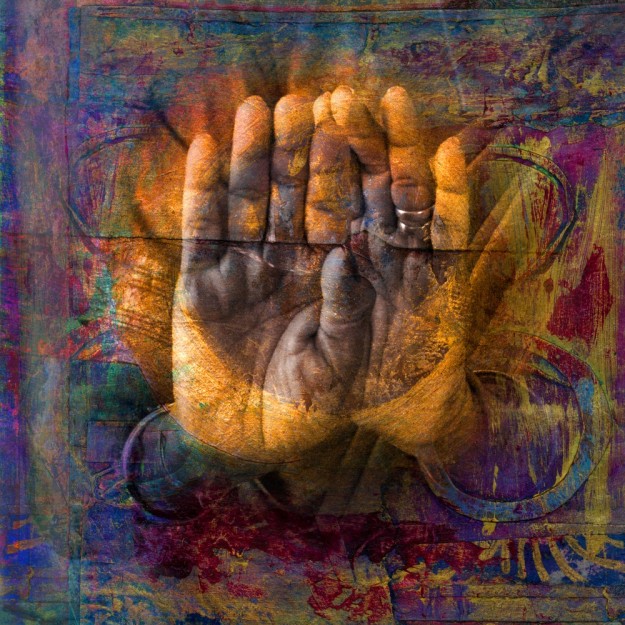Transformation by Touch – Reiki Healing Touch as a Spiritual Practice

The body is inspired, and the spirit is embodied. That affirmation describes the heart of today’s holistic spirituality. Long before dualism infected Christianity, the Christian movement believed in the healing energy of touch. Jesus touched people and transformed cells as well as souls and social position. A woman with a flow of blood touched Jesus, and energy flowed from Jesus to her that transformed her physical and spiritual health, and liberated her from social stigma. (Mark 5:24-34) A few decades later, the apostle Paul described the body as the temple of the Holy Spirit, alive, holy, and transparent to divine inspiration. (1 Corinthians 6:12-20) The Christian movement saw the flow of divine energy from God to us and from one person to another as inherent in the natural processes of cause and effect, and not an external supernatural violation of the laws of nature. The early Christians believed that we lived in wonderful world and that the body was spirit-filled and reflective of divine wisdom.
Nearly thirty years ago, during a time of personal searching, I discovered reiki healing touch. Ten years later in 1995, I became a reiki teacher/master, and later wrote what I believe to be the first full-length book on reiki and Christianity, Reiki Healing Touch and the Way of Jesus. Reiki is at the heart of my personal spiritual practice and is an important part of my pastoral ministry. In fact, I see one of my callings as the integration of reiki healing touch with other Christian spiritual practices. Wherever I have pastored and taught, I have attuned congregants, colleagues, and students to reiki. Several of my congregants at South Congregational Church on Cape Cod have learned reiki under my direction and share reiki with one another and persons in need.
Reiki is a gentle, graceful, hands-on approach to healing. A reiki practitioner simply lays her or his hands lightly on another person, opening to the energy of love – the energy of God – flowing in and through her or him to bring well-being to another. I have employed reiki to reduce pain following surgery, to support persons with cancer, to promote wellness and stress reduction, and to companion people in their dying process. I give short “spot” reiki treatments to my wife Kate and grandchildren nearly every day. Non-invasive, reiki healing touch calms the spirit, opens us to divine wisdom, and promotes healing and wholeness.
Reiki embodies progressive spirituality at its best. It embraces East and West – the founder of reiki Mikao Usui was most likely a Buddhist – and it reflects the creation and embodied spirituality of “original blessing” in our cells and souls.
Reiki is essential to my personal spiritual practice. In addition to daily walking, prayers of intercession, and quiet centering prayer, I give myself a daily reiki treatment. While resting on my bed or sofa, I lay hands on myself, focusing on the energy centers (also described as chakras), spending about ten minutes once or twice each day, soaking in the healthy energy of life. I see this energy as reflective of the energy of creation, present in the dynamic healing ministry of Jesus, and as a manifestation God’s immanent and transforming presence in all things.
Holistic spiritual practices join mind, body, spirit, and relationships. They connect with the energy of creation and the well-being of the planet. When I give myself a reiki treatment, I feel connected with God at the spiritual and cellular level. I experience the interdependence of life and grace of relationships. Like so many other reiki practitioners or persons who have received reiki treatments, reiki has helped me to learn to love God in the world of the flesh, my own and in welcome and appropriate ways the bodies of those around me.
Bruce Epperly is pastor of South Congregational Church, United Church of Christ, Centerville, Massachusetts, and the author of “Reiki Healing Touch and the Way of Jesus”; “ Healing Marks: Healing and Spirituality in Mark’s Gospel”; and “Finding God in Suffering; A Journey with Job.” He may be reached at drbruceepperly@aol.com.
